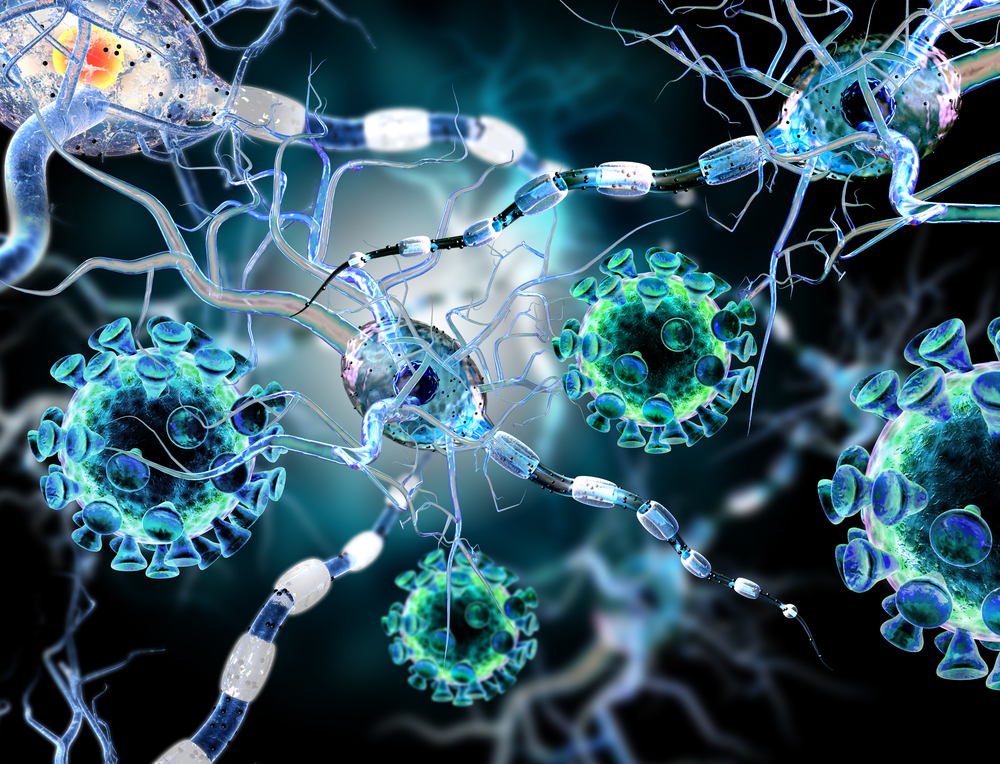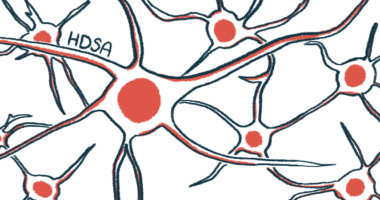FDA Accepts New Drug Application For Teva’s SD-809 To Address Huntington Disease

Teva Pharmaceutical Industries Ltd. has recently announced that its New Drug Application (NDA) for SD-809 (deutetrabenazine) was accepted by the United States Food and Drug Administration (FDA) to treat chorea linked with Huntington’s disease (HD).
HD is a fatal and very rare neurodegenerative disorder that results in the progressive damage of brain’s nerve cells; in western countries, it affects 5 to 7 people in each 100,000, according to the World Health Organization, with HD symptoms usually occurring during middle age, although it can also appear during childhood and in more advanced ages. HD is the more frequent genetic cause of abnormal involuntary writhing movements called chorea, with patients usually dying after 15 to 25 years of receiving a diagnosis.
“The opportunity to bring a new treatment option to those battling the devastating illness of Huntington disease is an important first step and an indication of our profound commitment to improving the lives of patients with this and other debilitating movement disorders. With this filing and an ongoing investment in HD research, Teva has further established itself as a leader in the development of treatments focusing on movement disorders,” explained Michael Hayden, the Chief Scientific Officer at Teva and President of Global R&D.
Rob Koremans, CEO and President of Teva’s Global Specialty Medicines, added, “Teva plans to commercialize SD-809 in the U.S. by drawing from vast experience in facilitating therapy initiation and patient support in other disease areas. Within Global Specialty Medicines, we have a rich history of demonstrating our commitment to the patient and bringing value to the neurology community. People living with neurodegenerative disorders and those around them often need support and services beyond medications. We intend to meet these needs with our proven infrastructure and our focus on the patient.”
The NDA request is based on the optimistic results from two Phase-III studies, the ARC-HD and the FIRST-HD clinical trials. FIRST-HD was a placebo-controlled, randomized study in which SD-809 reduced chorea in individuals suffering from HD. The positive outcomes from the Phase-III, open-label ARC-HD study showed that patients safely convert from tetrabenazine, the only FDA approved treatment for HD, to SD-809 overnight without losing control of chorea. Importantly, SD-809 was shown to regulate the amount of dopamine, a specific neurotransmitter in the brain.
SD-809 has received an FDA Orphan Drug Designation last November 2014 to treat HD. Since then it became part of Teva’s CNS portfolio with the acquisition of Auspex Pharmaceuticals in May 2015. The FDA attributes orphan status to drugs and biologics intended to treat rare diseases that affect less than 200,000 people in the United States.






